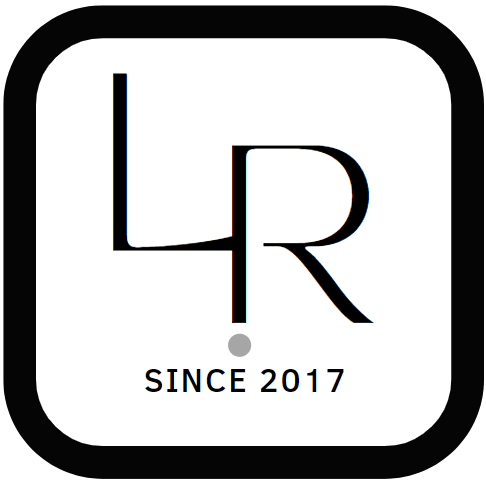“Many individuals imagine the soul to be an immortalized ego, forgetting that the ego as you know it is only a small portion of the self; so this section of the personality is simply projected onward, ad infinitum, so to speak. Because the dimensions of your reality are so little understood, your concepts are bound to be limited. In considering “immortality,” mankind seems to hope for further egotistical development, and yet he objects to the idea that such development might involve change. He says through his religions that he has a soul indeed, without even asking what a soul is, and often he seems to regard it, again, as an object in his possession.” 1
Jane Roberts, Seth Speaks, 1972
Questions arise concerning the assertion that ‘At the soul’s level, we are One with the Creator’ and the perception that ‘At the soul’s level, we know all there is to know all the time.’ 2
Although we are told we are souls, conviction about our oneness with or as part of God eludes us. A perceived separation overshadows the understanding of unity, creating a void that yearns to be filled.
To understand that we are a part of God and one with God, we ponder the qualities of God even if we know it’s impossible to define God within our limited perceptions. Yet, we grasp aspects of God’s nature – the absolute, indestructible, permanent, transcendental, and immortal. 3 Therefore, these qualities must also exist within our souls, despite our mortal existence appearing to be the opposite.
The mystery of the soul needs to be solved. In our quest, we inquire about the soul’s location: Is it inside us? Does it surround us? Does it await us at death? Or is it something to be redeemed or saved? The enigma deepens as we contemplate death’s impact on the ‘self’: Is it just our body that we lose? Or do we lose our ‘self’ altogether?
Our confusion and the seeming paradox can be solved when we have a much clearer understanding of our true selves.
The true nature of our ‘self’ transcends our current perception. Our true ‘self’ embraces both transient and transcendental qualities. The personality we identify as ourselves on this plane of existence is only a part of the total picture. Our true self is much larger than what appears to be. This larger self is called the soul or the entity.
The totality of our ‘self’ is comprised of two aspects: The ‘outer’ self and the ‘inner’ self. The ‘outer’ self is a temporary aspect during earthly existence, concluding its role at physical death.
Our soul resides within as an ‘inner’ self, perceiving reality. This ‘inner’ self, unaltered by death, perceives reality consistently, maintaining its methods and characteristics across lifetimes. 4 This eternal portion returns to the absolute when experiences are completed in a given lifetime and reincarnates with new experiential agendas, donning a new mask – the outer self – for each incarnation.
Therefore, contrary to common belief, total loss does not occur at death; only the physical body returns to nature, while the perceiving entity, the soul, returns to the absolute.
We are souls now; the soul within perceives and creates. This larger self subtly communicates within the hidden recesses of each reader’s experience. Hence, our soul possesses eternal validity and vital reality, being ‘an incipient god’ with a deeply creative aspect within. 5
“To lose or save your soul” is a misinterpreted notion, akin to the distorted idea of “to redeem or to save our soul.” The soul, indestructible and immortal, cannot be lost; it is an intrinsic part of us. 6
Jay
Note:
1.
Jane Roberts, Seth Speaks: The Eternal Validity of the Soul, 1972
Published by Amber-Allen Publishing and New World Library, 1994
Page 74, Chapter 6: The Soul and the Nature of Its Perception
2.
Essay: Remembering Who We Are in the Cosmic Tapestry
3.
Essay: There Are Two Worlds
4. 5. 6.
Jane Roberts, Seth Speaks: The Eternal Validity of the Soul, 1972
Published by Amber-Allen Publishing and New World Library, 1994
Page 73-75, Chapter 6: The Soul and the Nature of Its Perception

